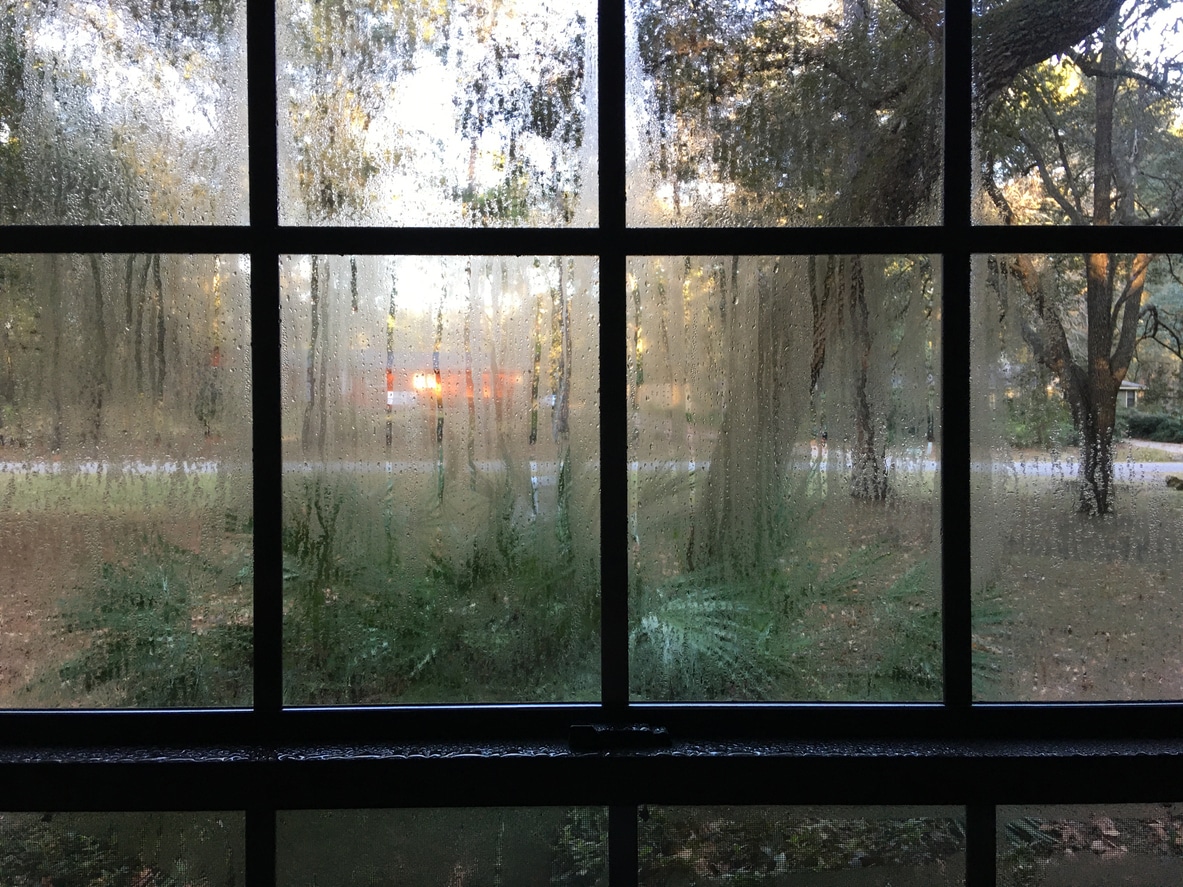Breathing in that crisp fall air by McCook Lake is an unsurprisingly humid experience. Humidity can make it feel warmer and cause frizzy hair, but it may also play a role in hearing aid care.
Hearing aids are small but technologically advanced devices worn by approximately 7.1% of adults aged 45 and older. The remarkable devices work in the treatment of hearing loss by collecting and amplifying sounds and depositing them directly in the ear canal. They can help manage tinnitus, reduce background noise and improve communication and spatial awareness.
Making sure your devices stay safe and cared for is vital to the continued enjoyment of their benefits. Let’s look at how humidity can affect hearing aids and what you can do to safely care for your devices.
What Is the Effect of Humidity on Hearing Aids?

When you think of water damage, you most likely picture your devices getting splashed, dunked or dropped into a puddle, but moisture can also come from humidity. Too much humidity can introduce moisture to your devices, increasing the likelihood that the internal technology is damaged.
While many hearing aids come with a water-resistant coating, none are waterproof. Keeping water or moisture exposure to a minimum is essential in hearing aid care.
How Can You Decrease the Moisture in Your Devices?
Three essential tips for decreasing the moisture in your devices include:
- Use a dehumidifier. While you cannot prevent humidity outside, you can manage it inside your home. Run a dehumidifier on especially humid days to prevent your devices from becoming moisture-damaged.
- Use a drying jar. Drying jars are filled with special moisture-absorbing beads. They are effective at drawing moisture out of your devices. If it has been an especially humid day, place your hearing aids in their drying jar overnight.
- Find a good storage spot. Find a cool, dry place in your home to store your devices when they are not in use. Some good options include storing them in a drying jar, a closed drawer or cupboard or a room with a running dehumidifier.
If your devices appear to be malfunctioning due to moisture damage, consult your hearing aid specialist immediately to schedule a repair or examination.
For more information on caring for your hearing aids, contact Ear, Nose & Throat Consultants today to schedule an appointment with one of our trusted specialists.